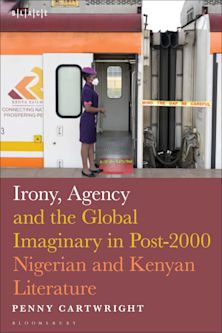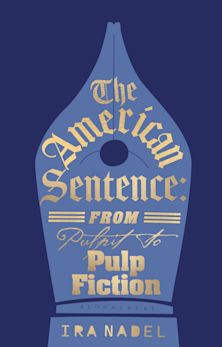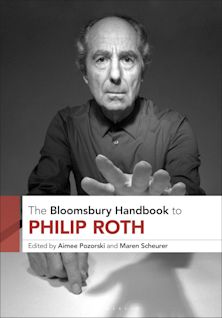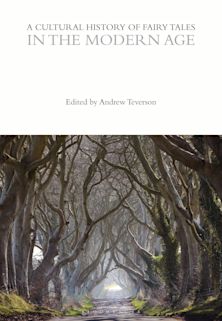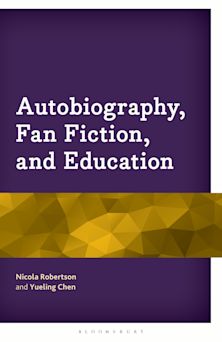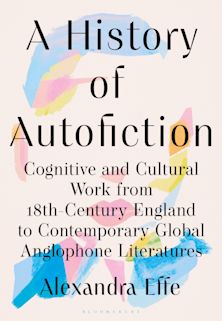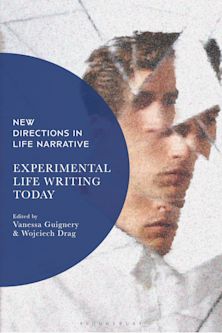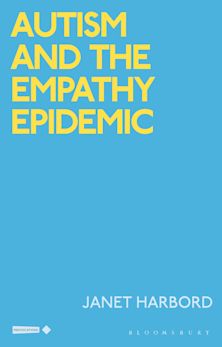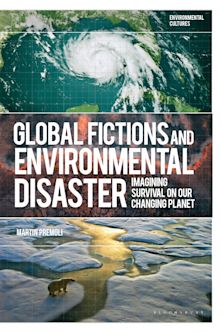- Home
- ACADEMIC
- Literary Studies
- Contemporary Literature
- Postcolonialism: A Guide for the Perplexed
Postcolonialism: A Guide for the Perplexed
You must sign in to add this item to your wishlist. Please sign in or create an account
Description
Postcolonialism as a critical approach and pedagogic practice has informed literary and cultural studies since the late 1980s. The term is heavily loaded and has come to mean a wide, and often bewildering, variety of approaches, methods, politics and ideas. Beginning with the historical origins of postcolonial thought in the writings of Gandhi, Cesaire and Fanon, this guide moves on to Edward Said's articulation into a critical approach and finally to postcolonialism's multiple forms in contemporary critical thinking, including theorists such as Bhabha, Spivak, Arif Dirlik and Aijaz Ahmed. Written in jargon-free language and illustrated with examples from literary and cultural texts, this book addresses the many concerns, forms and 'specializations' of postcolonialism, including gender and sexuality studies, the nations and nationalism, space and place, history and politics. It explains the key ideas, concepts and approaches in what is arguably the most influential and politically edged critical approach in literary and cultural theory today
Table of Contents
Product details
| Published | 21 Oct 2010 |
|---|---|
| Format | Ebook (PDF) |
| Edition | 1st |
| Extent | 248 |
| ISBN | 9781441138514 |
| Imprint | Continuum |
| Series | Guides for the Perplexed |
| Publisher | Bloomsbury Publishing |
About the contributors
Reviews
-
Pramod Nayar's survey of postcolonialism covers substantial terrain with consummate ease. It moves from the theoretical and literary engagements with colonialism's cultures, the rise of postcolonial thought in anti-colonial struggles through the major literary themes of space, nationalism, sexuality and gender, to newer postcolonial formations in the cosmopolitan and globalized age we live in. Nayar's close attention to tropes, literary figurations, the politics of postcolonial theory and the continued relevance of postcolonial approaches to terrorism, cybercultures and globalization - all carefully illustrated and evidenced from texts from Africa, Asia, South American and other formerly colonized nations - makes this book at once an indispensable introduction to the field and a critical evaluation of the literary-political discipline of "Postcolonial Studies." The book will be of interest to students in History, Literary Studies, Cultural Studies and Theory across the world where questions about race, culture, colonialism and identity continue to productively 'trouble' pedagogy and reading practices.
Professor SW Perera, University of Peradeniya, Sri Lanka














